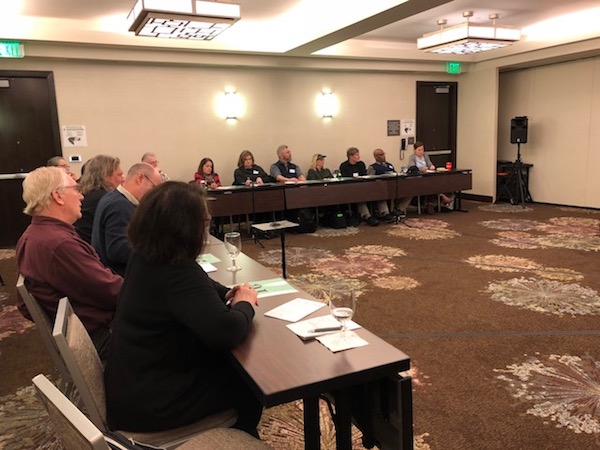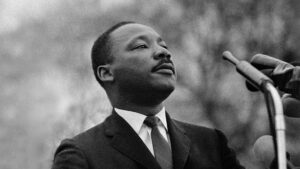
By Thomas M. O’Toole, Ph.D.
This past Friday, I conducted our first ever all-day mock jury selection workshop in Seattle. Ten attorneys spent the day conducting voir dire and picking a jury to deliberate on the product liability fact pattern we put together ahead of time. Then the mock jurors actually deliberated so we could see how well the attorneys did in voir dire and their use of peremptory strikes. We tried to match everything we could to the actual jury selection process used by our local court. The attorneys had to come up with the right questions to ask, get up and ask them effectively to the large group of mock jurors, and then track that information, along with all of the answers provided during the other attorneys’ voir dire. The mock jurors filled out individual feedback forms and also participated in a group interview where they provided their thoughts about the mock voir dire that had occurred.
It made for a fun, interesting, and insightful day. While the mock jurors had a lot to say, there were some common threads throughout their feedback that attorneys should carefully consider when drafting their own voir dire. Here are three key observations from the day:
1. Many of the voir dire questions were too difficult to follow. Lengthy lead-ins, double negatives, and compound questions made it difficult for jurors to follow, and the mock jurors kept having to ask the attorneys to clarify their questions. Most of them wrote on their feedback forms that the attorneys’ questions were too difficult to follow. This not only undermines the attorney’s credibility, but conditions jurors to believe the attorney is simply not a good presenter, which potentially becomes a lens for how that attorney is viewed for the rest of trial. The real problem behind this is the gap between the idea of what the attorney wants to ask, and the reality of having to ask it in a clear and concise manner. Sometimes, the idea of a question seems simple and straightforward, but is much harder to put into the right words to get the information that the attorney wants. This is why it is so important to write out the actual voir dire questions ahead of time, and I’m not just talking about the night before. Like anything, the first draft will always be the weakest, so attorneys need to begin drafting their voir dire far enough ahead of time to step away and revisit it with a fresh eye. Jurors said they liked the short and simple questions. They did not like questions that were overly wordy or had too many dependent clauses. The more explanation it requires, the less effective it is.
2. The mock jurors paid very close attention to the specific wording of the questions.Some interesting feedback that we heard from several mock jurors was how closely they paid attention to the wording of the questions, noting that it is especially important to pay attention to the specific wording when an attorney is talking. This may not seem like a problem, but several mock jurors said they remained quiet in response to questions where they should have probably spoken up, mainly due to a word or two that gave them pause. First, this made me think that attorneys need to follow-up each of their most important voir dire questions with something like, “does anyone feel like they might have some feeling along the lines of what I am talking about, but is maybe hesitant to speak up because of how I worded the question?” Second, it means attorneys need to put more thought into the wording of their questions to ensure they are striking a good balance between clarity, and language that is broad enough to capture the world of experiences or attitudes the attorney is trying to identify.
3. There was a tendency to dance around issues rather than directly ask about them.The most common feedback that I provided to attorneys after their individual voir dire was to stop dancing around an issue with their questions and just ask directly about it. For example, one attorney asked the mock jurors with prior jury experience what they thought about the process. When I asked him why he chose to ask this question, he said that he thought there could be folks who had some kind of prior jury experience that would bias them against their client. Rather than ask what they thought about their prior jury experiences and try to read into their responses, he should have just asked, “Has anyone here had any kind of prior experience with jury duty that left them with any kind of negative feelings towards the people who file lawsuits?” This gets directly to the issue, which is what the best voir dire questions do. The goal is to reduce the number of assumptions an attorney has to make to as few as possible when considering whether a juror might be good or bad for his or her client.




